
Recommendation
Game play, one of the most basic vehicles for learning, is a highly successful employee-training tool, because game-derived learning stays with the student. In this practical guide, training experts Steve Sugar and Jennifer Whitcomb provide user-friendly, step-by-step instructions for choosing, planning and implementing training games. By modifying familiar game formats, such as bingo and tic-tac-toe, according to your training objectives, you can create a fun, interactive learning environment. Simple game play is a far more effective way to teach than just giving out reading materials. The authors provide instructions for 11 training game formats that you can tailor to your needs. Plus, the book comes with a CD with templates and instructions for each one. What’s missing? Well, even with the thorough introduction and instructions, readers might welcome a few extra pages explaining a bit more about the philosophy and pedagogy behind these exercises. The bibliography does list additional resources for some of that information. getAbstract recommends this manual to human resources professionals and managers who see the potential of using training games to enhance their employees’ learning experiences.
Summary
About the Authors
Steve Sugar specializes in “fun with a purpose” books including, Games That Teach Teams, Games That Boost Performance and Primary Games. Jennifer Whitcomb is a training instructor and a principal of the Trillium Group.








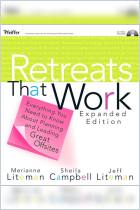
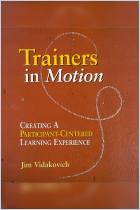
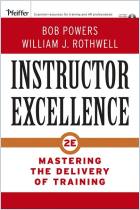
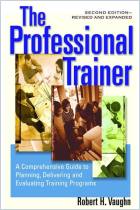
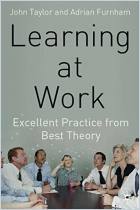
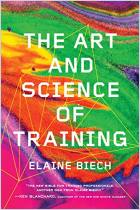
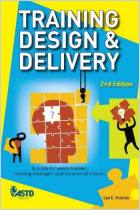



Comment on this summary